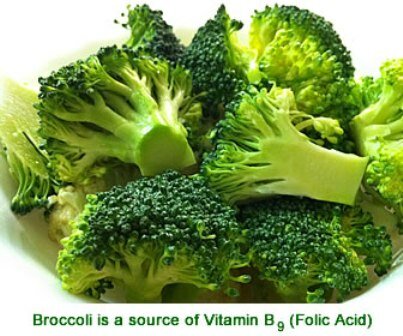One of these following facts about vitamin B should give much information about what nutrition contains on this vitamin. B vitamins are group of water-soluble vitamins that play important roles in cell metabolism. The B vitamins were once thought to be a single vitamin, referred to simply as vitamin B. Later research showed that they are chemically distinct vitamins that often coexist in the same foods. In general, supplements containing all eight are referred to as a vitamin B complex. Individual B vitamin supplements are referred to by the specific name of each vitamin. To get to know more about this vitamin, here are some facts about vitamin B you may be interested in.
Facts about vitamin B 1: Thiamine
Thiamine or vitamin B1 plays a central role in the generation of energy from carbohydrates. It is involved in RNA and DNA production, as well as nerve function. Its active form is a coenzyme called Thiamine pyrophosphate (TPP), which takes part in the conversion of pyruvate to acetyl Coenzyme A (CoA) in metabolism.
Facts about vitamin B 2: Vitamin B-Complex
Vitamin B is made up of eight chemically distinct vitamins that once were thought to be one vitamin. It is known as vitamin B-complex.
Facts about vitamin B 3: Sources
B vitamins are found in whole unprocessed foods. Processed carbohydrates such as sugar and white flour tend to have lower B vitamin than their unprocessed counterparts. For this reason, it is required by law in the United States (and also other countries) that the B vitamins thiamine, riboflavin, niacin, and folic acid be added back to white flour after processing.
Facts about vitamin B 4: B12 Vitamin Deficiency
B12 vitamin is of note because it is not available from plant products, making B12 deficiency a legitimate concern for vegans. Manufacturers of plant-based foods will sometimes report B12 content, leading to confusion about what sources yield B12.
Facts about vitamin B 5: Necessity
Each of the vitamins has its own part in healthy brain function, development and mental acuity. The B vitamins are necessary for the formation of serotonin, dopamine and epinephrine, three critical chemicals of the brain.
Facts about vitamin B 6: Vitamin B1
Foods that are a good source of vitamin B1 include organ meats (such as liver, heart and kidney), wheat germ, enriched fortified cereal, eggs, berries, nuts, asparagus, mushrooms, dark green leafy vegetables, Brussels sprouts, tomatoes, eggplant, legumes, tuna fish and sunflower seeds, and many more.
Facts about vitamin B 7: Vitamin B6
Vitamin B6 helps to absorb and metabolize amino acids, fats and carbohydrates, stabilize behavior and mood, produce red blood cells, and help the immune system. Also, it is necessary for balancing hormonal changes in woman and relieving premenstrual and menstrual pain and discomfort.
Facts about vitamin B 8: Increasing Vitamin B
Another popular means of increasing one’s vitamin B intake is through the use of dietary supplements. B vitamins are also commonly added to energy drinks, many of which have been marketed with large amounts of B vitamins with claims that this will cause the consumer to “sail through your day without feeling jittery or tense”.
Facts about vitamin B 9: Neutral Tube Defects
Also, Vitamin B9 (folic acid) deficiency in early embryo development has been linked to neutral tube defects. Thus, women planning to become pregnant are usually encouraged to increase daily dietary folic acid intake and/or take a supplement.
Facts about vitamin B 10: Healthy Balanced Diet
The B vitamins are all essential nutrients to the body needed to maintain optimum health and proper body functioning. The facts about vitamin B remind us of the importance of eating a healthy balanced diet.
Those who want to be healthy on vision might have taken those facts really useful for it. Hope you would find those vitamin B facts really interesting.








 www.PortlandPayday.Loans
www.PortlandPayday.Loans